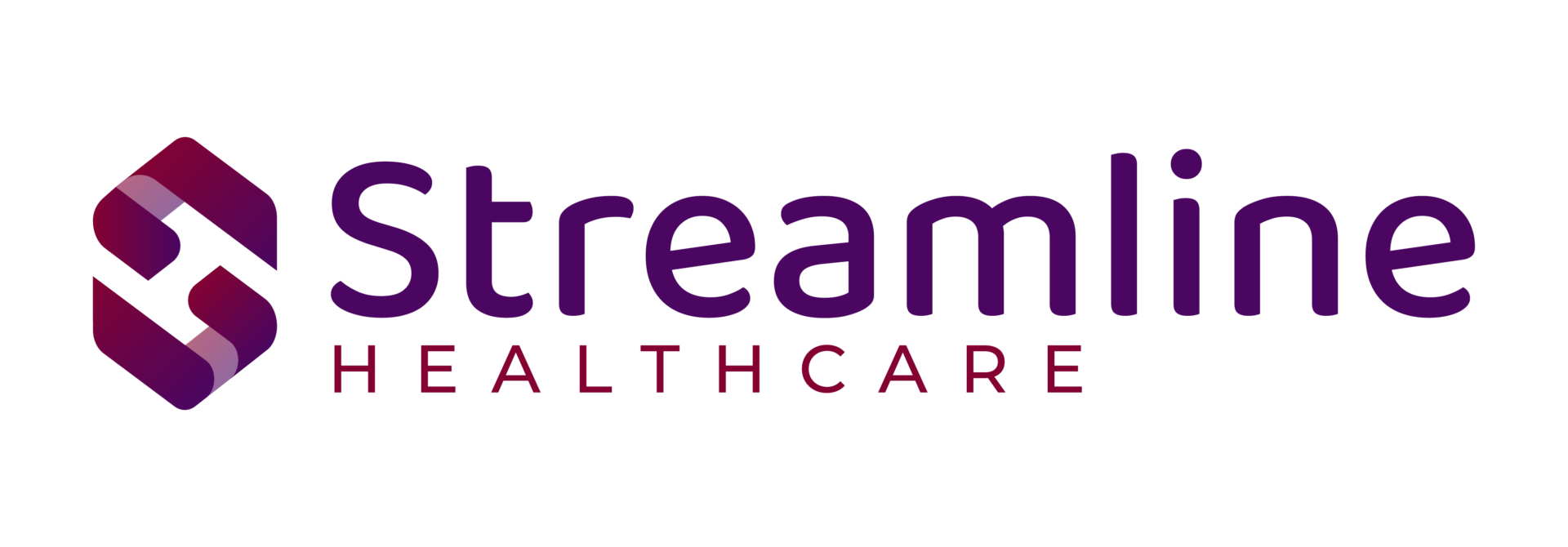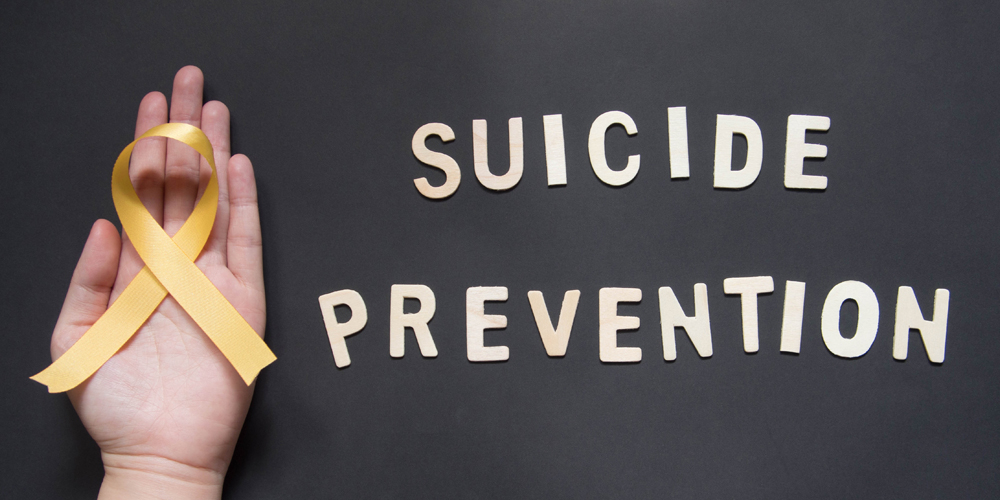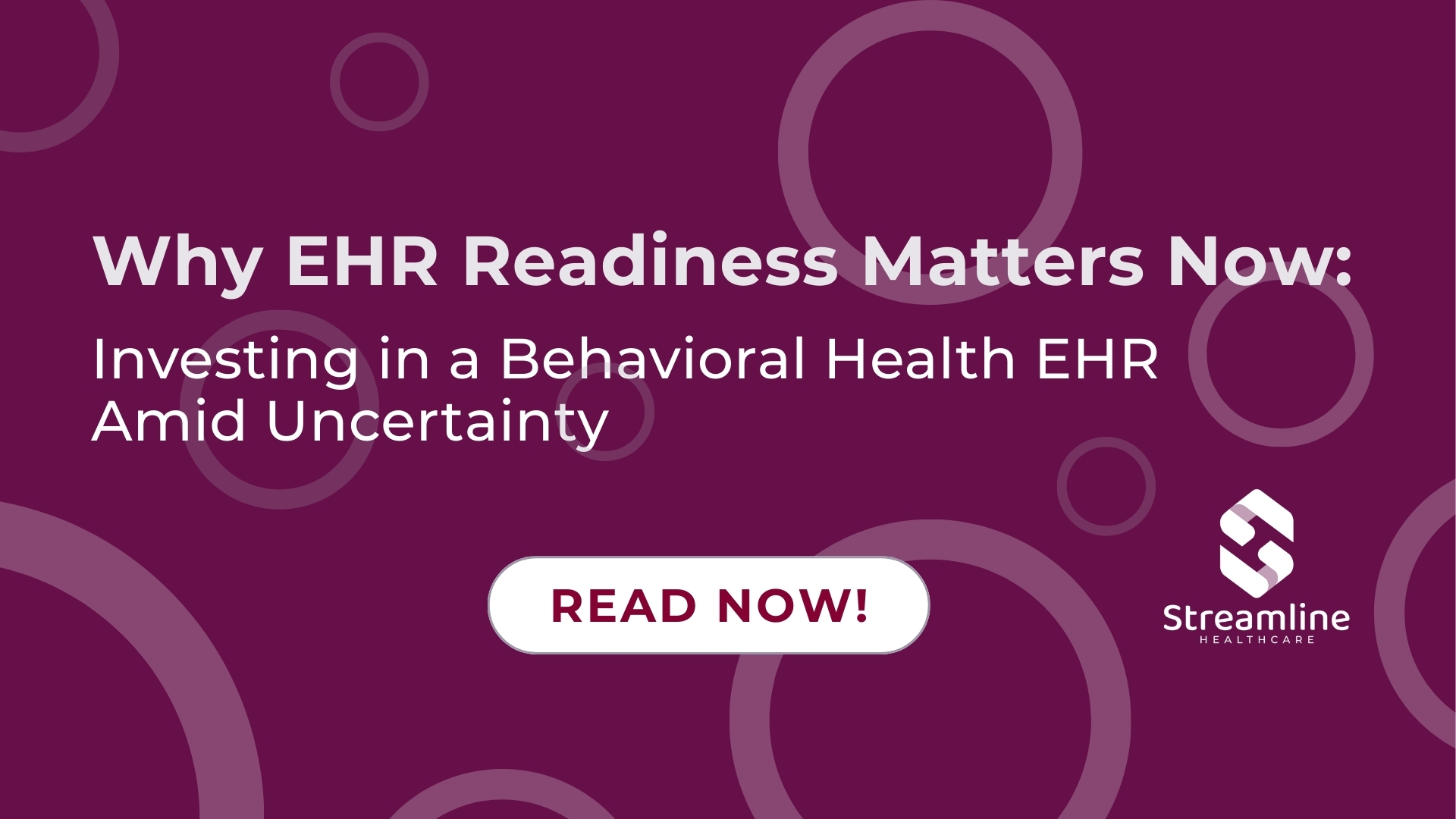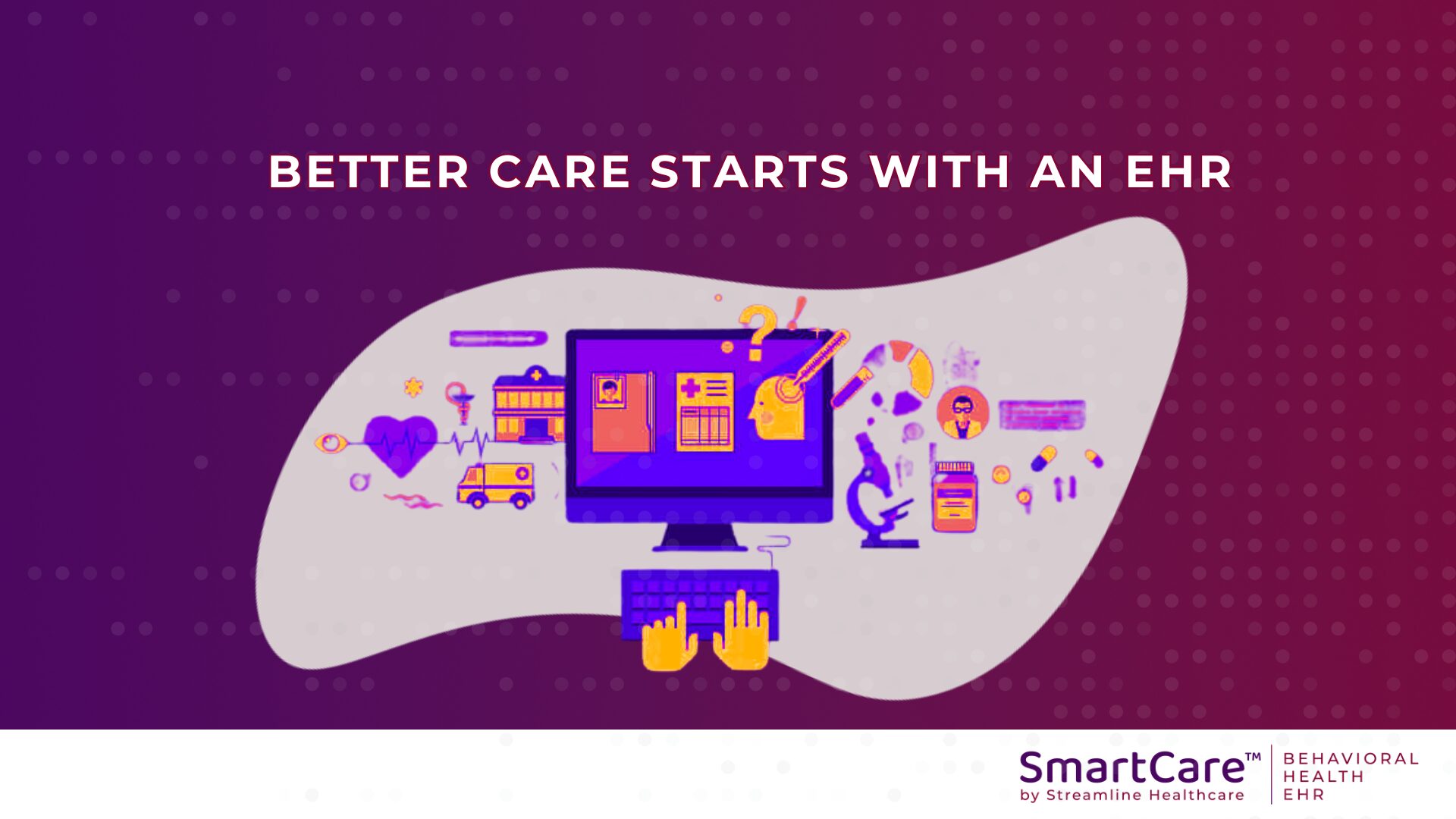As National Depression and Mental Health Screening Month comes to a close, there is increased focus on initiatives related to suicide prevention. Two in particular are aimed at getting help faster to those in need and helping primary care physicians better screen for and prevent suicide risk.
Suicide 12th Leading Cause of Death in US
In 2020, suicide was the 12th leading cause of death overall in the United States, claiming the lives of over 45,900 people. According to the Centers for Disease Control, there were nearly two times as many suicides (45,979) in the United States as there were homicides (24,576).
Suicide was the second leading cause of death among individuals between the ages of 10-14 and 25-34, the third leading cause of death among individuals between the ages of 15-24, and the fourth leading cause of death among individuals between the ages of 35 and 44.
988 Suicide and Crisis Hotline Live
The National Suicide Hotline Designation Act, federal legislation designating 988 as the three-digit dialing code for the Suicide & Crisis Lifeline, was signed into law in October 2020. The Federal Communications Commission required telephone providers to make calling to the Lifeline via 988 accessible by July 16, 2022.
The Lifeline is funded by the Substance Abuse and Mental Health Services Administration (SAMHSA) and administered by Vibrant Emotional Health.
The Lifeline system will route calls to the closest crisis center in the Lifeline network based on area code. Each crisis center picks their coverage area (which can be defined by zip code, area code, county or even state), and their hours of operation.
When people call, text, or chat 988, they will be connected to trained counselors that are part of the Lifeline network. These trained counselors will listen to the caller, work to understand what the caller is experiencing, provide support, collaborate with the caller on ways to feel better, and connect with any needed help or resources.
New Suicide Risk Screening Pathway for Primary Care
Another initiative addressing depression is a workgroup supported by the National Institute of Mental Health (NIMH) that has released an evidence-based suicide detection and prevention pathway aimed at providing primary care physicians with an easier way to implement suicide risk screenings into their practices.
This new pathway will help doctors in adult primary care settings to identify individuals at risk for suicide and help connect them with mental health services. This three-step pathway was designed to be thorough yet flexible so it can be modified to fit existing workflows. The three steps of the pathway are:
- Suicide risk screening: Current and new patients are given a short, evidence-based survey tool regularly to screen for suicide risk and identify those who may need further evaluation
- Suicide safety assessment: Following a positive risk screening, patients are administered a brief suicide safety assessment by a trained professional using an evidence-based risk assessment tool to determine next steps for their care plan based on reported current suicidal thoughts or plans, as well as specific risk and protective factors.
- Course-of-action planning: Following these steps, doctors will determine and initiate a course of action based on the individual’s level of risk. This could include emergency psychiatric evaluation, immediate crisis management, further evaluation, follow up care, safety planning/counseling, on-going monitoring, or additional referrals.
Studies evaluating the pathway will show whether its use increases the frequency and quality of suicide screening, improves the identification of people at risk for suicide, and connects at-risk people with critical services.
Streamline’s SmartCare™ Behavioral Health EHR
Since 2003, Streamline has focused exclusively on the Behavioral Health and Human Services market. We understand that organizations in this market need more than just another Electronic Health Record (EHR) vendor. We are a trusted partner in building innovative technology solutions that empower people to improve the quality of life for those in need.SmartCare™ is a true Enterprise EHR platform designed specifically for Behavioral Health and Human Services organizations. Its enterprise, cloud-based, single-platform, and intelligent technology empowers these organizations to improve effectiveness and quality of care. Request a demo today and learn how SmartCare™ can support your organization.




